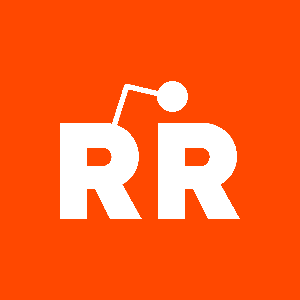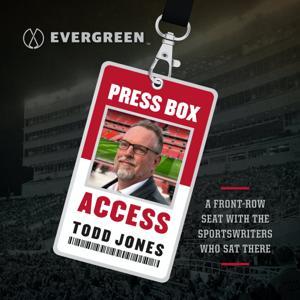Hi there, welcome to episode 711 of Recruiting Future with me, Matt Alder.
Recruiting Future is a podcast that helps Talent Acquisition teams drive measurable impact by developing their strategic capability in Foresight, Influence, Talent, and Technology.
This episode is about Talent and Technology.
The recruitment technology landscape is experiencing a perfect storm. Perfect match candidates aren't completing applications due to frustrating processes. At the same time, recruiters are being overwhelmed by candidates using AI tools to generate thousands of low-quality submissions. Traditional matching algorithms provide limited transparency into the decision-making process, thereby creating legal and compliance risks. Meanwhile, cost-per-application models continue to charge for clicks rather than actual conversions, leaving employers paying for candidates who never complete the process.
How can TA teams navigate this impossible environment while improving outcomes for everyone involved?
My guests this week are Simon Van Hijfte, Marketing Manager at Adecco Belgium, and Ritu Mohanka, CEO at VONQ. Simon shares how Adecco is transforming their recruitment process with AI agents and the impressive results they're achieving - from improved candidate satisfaction to enhanced recruiter efficiency. We also all discuss the shift from opaque matching systems to transparent point-based scoring, how AI agents are solving the broken candidate experience, and why this people-first approach is delivering better business outcomes across the board.
Why is the candidate experience broken?
The impact of candidates using AI
Implementing a people-first approach supported by AI
Recruter Enablement vi AI Agents
What do the candidates think?
Moving from matching to scoring and explainable decision making
Spotting transferable skills
Vonq's innovative CPA+ model
What results has Adecco been getting?
What does the future of recruiting look like?Follow this podcast on Apple Podcasts.
Follow this podcast on Spotify.




































